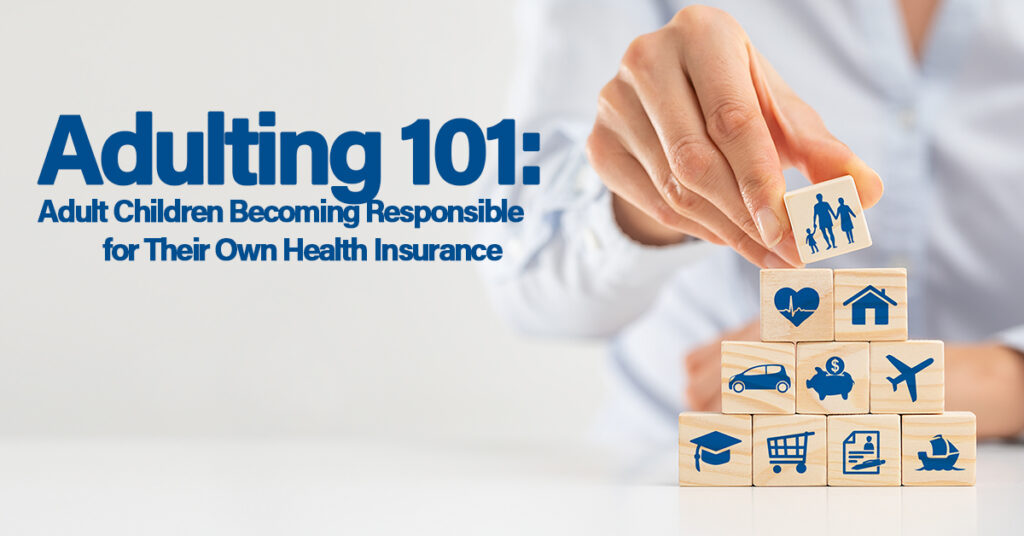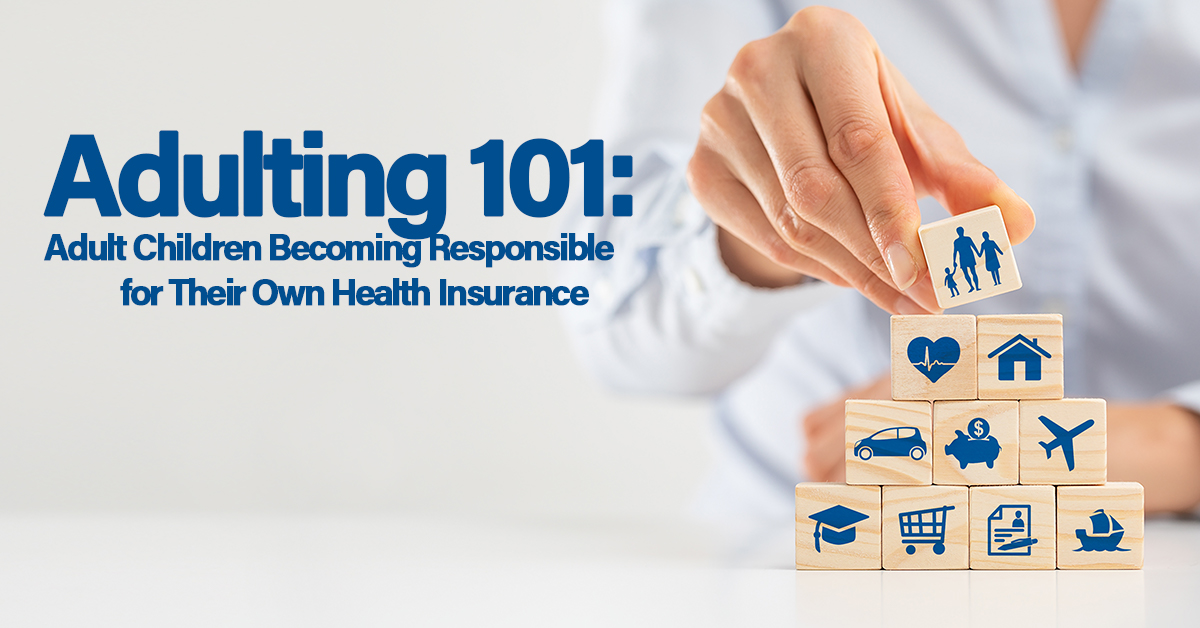
Navigating the Labyrinth: Mastering Responsible Adulting in the Modern Age
The transition from adolescence to adulthood is often portrayed as a straightforward graduation, a clean break from youthful irresponsibility to mature, measured decision-making. However, the reality is far more nuanced. Responsible adulting, a concept gaining traction in contemporary discourse, isn’t a destination but rather an ongoing journey, a continuous process of learning, adapting, and striving for self-sufficiency and accountability. It’s about more than just paying bills; it’s about navigating the complexities of life with intention and integrity. This article delves into the core tenets of responsible adulting, offering practical strategies and insightful perspectives to help you thrive in this challenging, yet ultimately rewarding, phase of life.
Understanding the Core Pillars of Responsible Adulting
At its heart, responsible adulting encompasses several key areas. Mastering these pillars is crucial for building a stable and fulfilling life. Let’s explore each in detail:
Financial Literacy and Stability
Perhaps the most daunting aspect of responsible adulting is managing finances. This includes budgeting effectively, understanding credit scores, saving for the future (retirement, emergencies, and large purchases), and making informed investment decisions. Ignoring financial responsibility can lead to significant stress and limit future opportunities. Start by creating a realistic budget that tracks income and expenses. Explore resources like personal finance blogs, online courses, and financial advisors to enhance your understanding of money management. [See also: Building a Solid Financial Foundation]
Career Development and Professionalism
Your career is not just a source of income; it’s a significant part of your identity and overall well-being. Responsible adulting in the professional realm means actively pursuing career development opportunities, maintaining a strong work ethic, communicating effectively with colleagues, and adhering to ethical standards. It also involves understanding your rights and responsibilities as an employee. Consider networking, seeking mentorship, and continuously upskilling to stay relevant in your chosen field. Job satisfaction is crucial for long-term happiness, so invest time and energy into finding a career path that aligns with your values and interests.
Health and Well-being (Physical and Mental)
Prioritizing your health is paramount to responsible adulting. This includes maintaining a balanced diet, exercising regularly, getting adequate sleep, and seeking medical attention when needed. Equally important is your mental health. Managing stress, practicing mindfulness, seeking therapy if necessary, and cultivating healthy relationships are all vital components of overall well-being. Neglecting your physical or mental health can have detrimental effects on all other aspects of your life. Make self-care a non-negotiable part of your routine.
Personal Relationships and Social Responsibility
Responsible adulting extends beyond individual needs to encompass relationships with family, friends, and the community. Maintaining healthy boundaries, communicating effectively, and fostering meaningful connections are essential for building strong relationships. Additionally, being a responsible adult involves contributing to society through volunteer work, environmental consciousness, and civic engagement. Consider the impact of your actions on others and strive to be a positive influence in your community. [See also: Cultivating Meaningful Relationships in Adulthood]
Household Management and Practical Skills
From cooking and cleaning to basic home repairs and car maintenance, practical skills are essential for independent living. Responsible adulting means taking ownership of your living space and ensuring that it is safe, clean, and functional. Learning basic household skills can save you money and empower you to handle everyday challenges. Don’t be afraid to ask for help or consult online resources when tackling new tasks.
The Challenges of Responsible Adulting in the 21st Century
While the principles of responsible adulting remain constant, the challenges of navigating adulthood have evolved in the 21st century. Economic instability, technological advancements, and societal pressures all contribute to the complexity of this journey.
Economic Pressures and the Gig Economy
The rising cost of living, student loan debt, and the prevalence of the gig economy have created significant financial challenges for young adults. Responsible adulting in this context requires adaptability, resilience, and a willingness to explore alternative income streams. Developing entrepreneurial skills, investing in education, and seeking financial guidance can help mitigate these challenges. Understand your worth and negotiate effectively for fair compensation.
Technological Overload and Information Overload
While technology offers numerous benefits, it can also be a source of stress and distraction. Responsible adulting in the digital age means setting boundaries, practicing digital mindfulness, and critically evaluating information. Be mindful of your screen time, cultivate real-life connections, and prioritize accurate and reliable sources of information. Avoid falling prey to misinformation and online scams.
Social Media and Comparison Culture
Social media can create unrealistic expectations and foster a culture of comparison, leading to feelings of inadequacy and anxiety. Responsible adulting involves cultivating self-awareness, practicing gratitude, and focusing on personal growth rather than external validation. Remember that social media often presents an idealized version of reality. Focus on your own journey and celebrate your achievements, regardless of what others are doing.
Strategies for Mastering Responsible Adulting
While the challenges of responsible adulting are real, there are numerous strategies you can employ to navigate this journey successfully.
Set Realistic Goals and Prioritize
Avoid trying to do everything at once. Break down large goals into smaller, more manageable steps. Prioritize tasks based on their importance and urgency. Use a planner or calendar to stay organized and track your progress. Celebrating small victories can help you stay motivated and build momentum.
Seek Mentorship and Support
Don’t be afraid to ask for help. Find mentors who can provide guidance and support. Connect with friends and family members who understand your challenges. Consider joining a support group or seeking professional counseling if needed. Remember that you are not alone in this journey.
Practice Self-Care and Mindfulness
Make self-care a non-negotiable part of your routine. Engage in activities that bring you joy and relaxation. Practice mindfulness to reduce stress and improve focus. Prioritize sleep, nutrition, and exercise. Taking care of yourself is essential for maintaining your well-being and preventing burnout.
Embrace Lifelong Learning
The world is constantly changing, so it’s important to embrace lifelong learning. Read books, take courses, attend workshops, and stay curious. Continuously expand your knowledge and skills to stay relevant in your career and adapt to new challenges. Never stop learning and growing.
Develop Resilience and Adaptability
Life is full of unexpected challenges. Responsible adulting requires resilience and adaptability. Learn to bounce back from setbacks, embrace change, and adapt to new situations. Develop a growth mindset and view challenges as opportunities for learning and growth. Remember that failure is a part of the process.
Conclusion: Embracing the Journey of Responsible Adulting
Responsible adulting is not about achieving perfection; it’s about striving to be the best version of yourself. It’s a continuous process of learning, growing, and adapting to the challenges of life. By focusing on financial stability, career development, health and well-being, personal relationships, and practical skills, you can navigate the labyrinth of adulthood with confidence and grace. Embrace the journey, celebrate your successes, and learn from your mistakes. The rewards of responsible adulting – a fulfilling and meaningful life – are well worth the effort.

